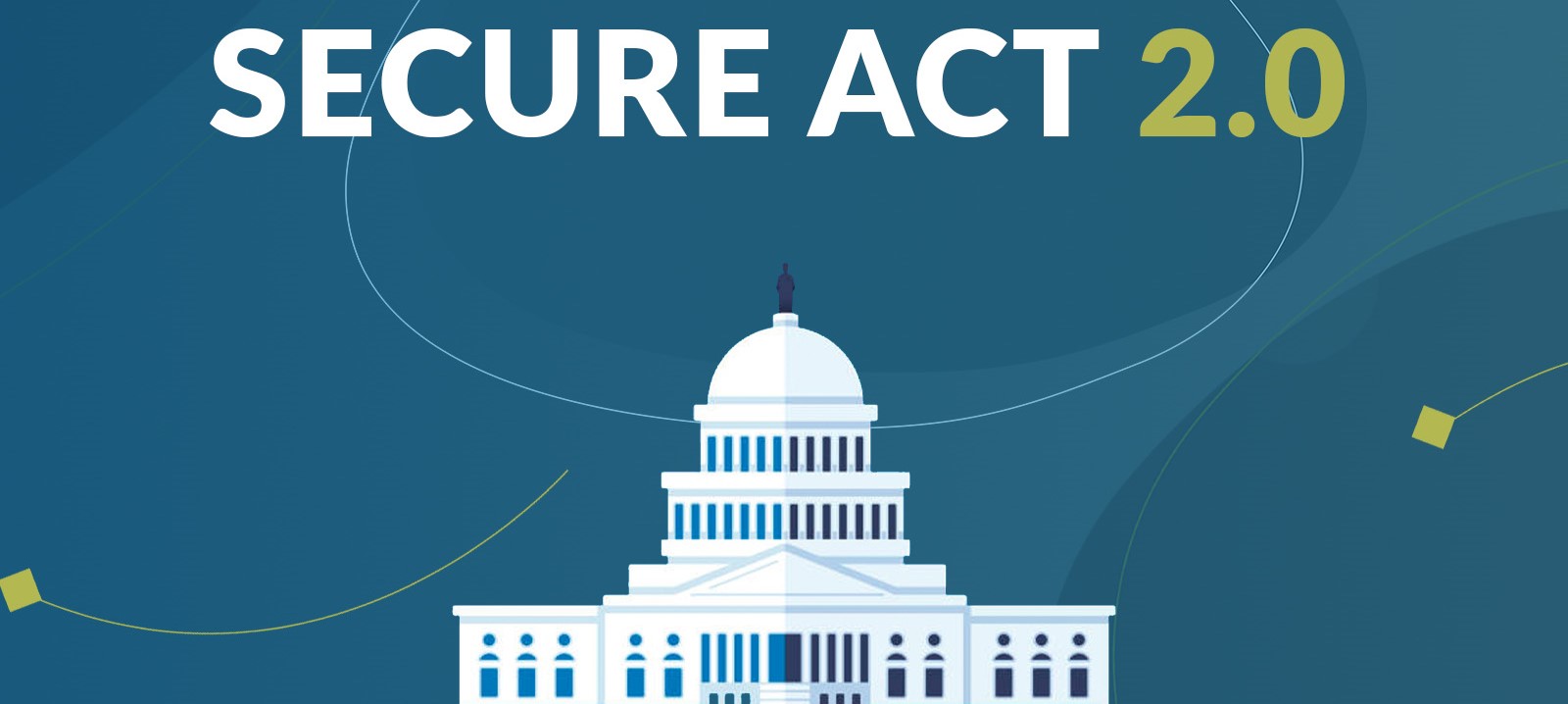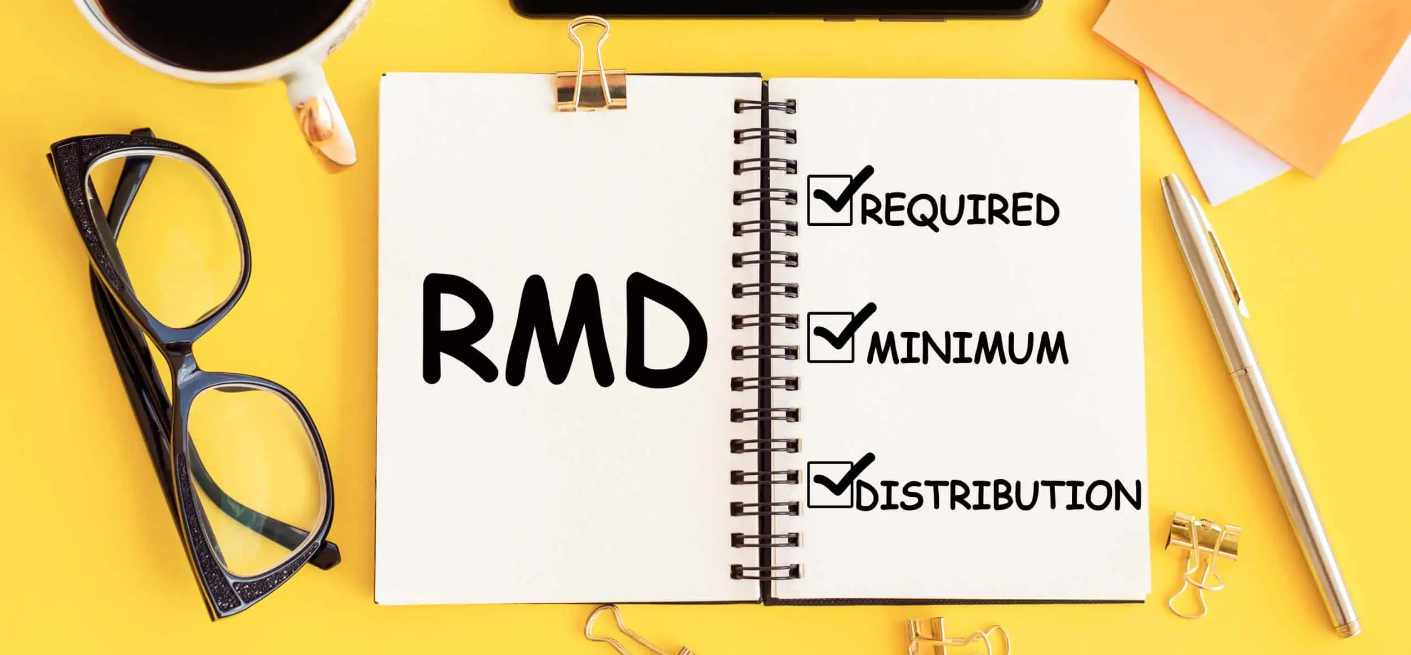One of the more controversial provisions of the new SECURE 2.0 law concerns 401(k) catch-up contributions. Most 401(k) plans – as well as 403(b) and governmental 457(b) plans – permit employees who are age 50 or older to make catch-up contributions. The limit for catch-ups in 2023 is $7,500, allowing for total elective deferrals of up to $30,000.
2024
Beginning in 2024, SECURE 2.0 requires that certain high-paid 401(k) participants who want to make catch-ups must make them on a Roth basis. This means that the contributions will be made on after-tax pay, but the contributions and associated earnings can be distributed tax-free if certain conditions are met. (This generally requires that the participant be 59 ½ or older and a five-year holding period be satisfied.)
There are several other new Roth provisions in SECURE 2.0 involving Roth SEP and SIMPLE contributions, Roth 401(k) employer contributions, and 529 plan-to-Roth IRA rollovers. But the catch-up rule is the only mandatory change.
Mandatory Roth Catch-Ups
Mandatory Roth catch-ups only apply to employees who have wages above a certain dollar amount in the previous year. For 2024, that dollar amount is $145,000 of 2023 wages. (The $145,000 threshold will be indexed in future years.) SECURE 2.0 specifically uses the term “wages.” But many self-employed business owners don’t have wages; instead, they have earned income. So, older 401(k) participants with earned income apparently aren’t covered by the new law. This means an age 50 or older business owner with more than $145,000 of earned income in 2023 can still make pre-tax catch-ups to her 401(k) in 2024.
SECURE 2.0 says that prior-year wages must be with the employer sponsoring the 401(k). So, a high-paid employee who changes jobs will get a free pass from the mandatory Roth catch-up in the year he starts the new job. That’s because he won’t have any wages from his current employer in the prior year.
Here’s Where it Gets Tricky
What if the 401(k) plan doesn’t already allow participants to make employee contributions on a Roth basis? After all, nothing requires a plan to offer the Roth option. Here’s where it gets tricky. It appears that a plan that doesn’t allow Roth contributions has two options next year. It can begin offering the Roth option for catch-ups – which would be mandatory for high-paid employees and optional for others. Or, it could continue not to allow Roth contributions, but then it couldn’t offer catch-up contributions.
One last point is that Congress mistakenly deleted a part of the tax code when drafting SECURE 2.0. The result is that the way the code now reads is that no employees (high-paid or not) will be able to make any catch-up contributions (pre-tax or Roth) starting in 2024. Hopefully, either Congress will fix this mistake or the IRS will turn a blind eye to it.
By Ian Berger, JD
IRA Analyst
Copyright © 2023, Ed Slott and Company, LLC Reprinted from The Slott Report, 2022, with permission. Ed Slott and Company, LLC takes no responsibility for the current accuracy of this article. Content posted in Ed Slott’s IRA Corner was developed and produced by Ed Slott & Co. to provide information on a topic that may be of interest. Ed Slott and Ed Slott & Co. are not affiliated with Ethos Capital Management, Inc. The opinions expressed and material provided are for general information and should not be considered a solicitation for the purchase or sale of any security. The tax information provided is general in nature and should not be construed as legal or tax advice. Information is derived from sources deemed to be reliable. Always consult an attorney or tax professional regarding your specific legal, or tax situation. Tax rules and regulations are subject to change at any time. Ethos Capital Management, Inc. is a registered investment adviser. The firm only conducts business in states where it is properly registered or is excluded from registration requirements. Registration is not an endorsement of the firm by securities regulators and does not mean the adviser has achieved a specific level of skill or ability.











